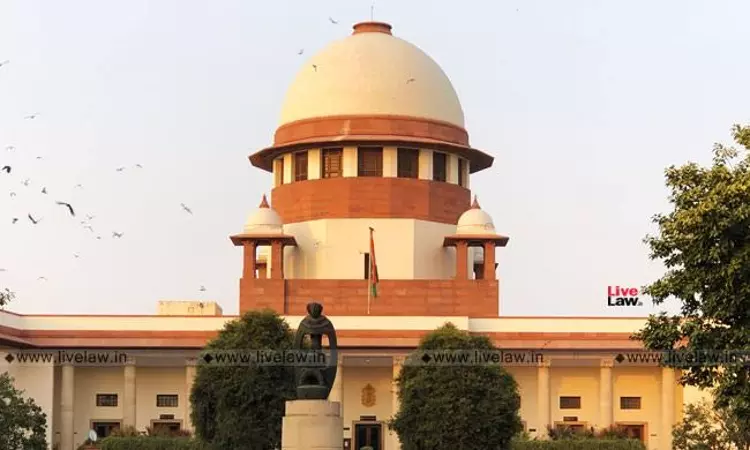PC Act | Once It Is Proved Public Servant Received Gratification Beyond Legal Remuneration, Statutory Presumption Operates : Supreme Court
Sheryl Sebastian
23 Sept 2023 4:36 PM IST

The Court also held that the death of the complainant is not fatal to the case as corruption allegations can be proved through other evidence
Next Story


